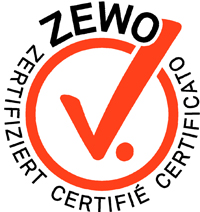It has been 46 years since the United Nations organized an international summit dedicated to freshwater. From March 22 to 24, a session will therefore take place in New York on this theme.
193 states will be brought together to take stock of the implementation of the major global objectives on water, in particular access for all to drinking water and sanitation.
Today, more than 2 billion people live without access to water and sanitation. (UN) By celebrating water, we are highlighting the issues surrounding access to it.
Exposure to faulty water sanitation systems causes illnesses that could be prevented with a functioning water sanitation system.
In 2019, in Burkina Faso, 5,464 people died of diarrheal diseases linked to contaminated water and a poor sanitation system. Of these deaths, 2,374 were children under the age of 5 (43% of deaths). (Source WHO)
Because of the weakness of the health systems in the countries in which we operate, diseases that are easily treated in our developed countries become fatal.
Morija and water
Sakoula is a neighborhood in the peri-urban area of Ouagadougou, where Morija implements the construction and renovation of boreholes, the construction of latrines and initiates hygiene awareness campaigns as close as possible to local populations. Morija also builds boreholes and latrines in schools.
These actions aim to:
- Reduce infant mortality by respecting simple rules of food hygiene for infants.
- Reduce the number of cases of malaria and other diseases
- Reduce school absenteeism
- Promote a sustainable environment, avoiding contamination by faeces and wastewater.
On this World Water Day, you can take action by supporting our efforts to provide access to water and sanitation for all, in order to improve the living and health conditions of disadvantaged families and children.









